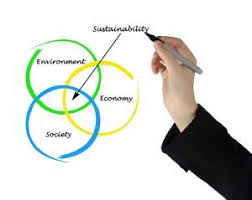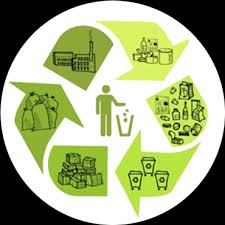
ECOSYSTEM DYNAMICS ENS CC 511
CO1: Articulate the
basics and fundamentals of the Environmental Sciences and related aspects of
different ecosystem habitats.
CO2: Understand ecological
energetics and thereby explore the interdependent relationships within
ecosystems, between organisms and resources.
CO3: Develop knowledge on the patterns of bio-geochemical
interactions within and between the ecosystems for
a stable and sustainable environment
CO4: Understand the interactions of organisms with their
environments and the consequences of these interactions for population,
community, and ecosystem dynamics.
CO5: Develop skill on a mathematical or conceptual model
of population or community dynamics to understand the factors of population
growth and regulation.
CO6: Understand the concepts and limiting factors of the
environment and the role of eco-informatics for the
management and analysis of
ecological information

Waste Management Techniques
Waste Management Technique is a generic course offered by Department of Environmental Sciences which comprises types of waste, its source, composition and various disposal/management methods.
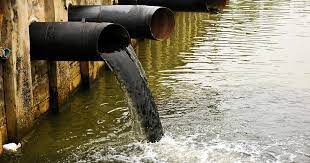
ENVIRONMENTAL ENGINEERING AND POLLUTION CONTROL
MODULE II: WATER POLLUTION
MODULE III: WATER TREATMENT
MODULE IV: WATER QUALITY MODELLING
MODULE V: SOIL POLLUTION
MODULE VI: RADIOACTIVE POLLUTION

AIR POLLUTION
Explain the sources, impact and control measures of air
pollution.

Environmental Meteorology and Chemistry
This course addresses major environmental issues, reactivity and environmental fates of toxic organic chemicals and Pollution Meteorology

Soil Pollution
Sources of Soil Pollutants, Environmental Impacts and its Management

Ecosystem Dynamics and Development of Ecosystem
Modules 2 and 3 of Ecology and Ecosystem Dynamics (ENS CC 511)

RESEARCH METHODOLOGY - ECOLOGICAL MODELLING
Module II A - Ecological Modelling is covered in this part
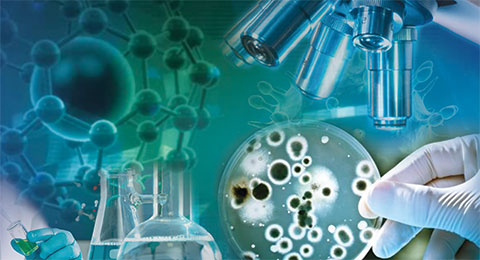
Environmental Microbiology and Biotechnology
This course enables the study of microbial diversity by both culture dependent and independent methods, microbial interactions, Food and industrial microbiology, Ecology of infectious agents and diseases, types of bioremediation and phytoremediation.

Human Health Management
To acquire basic knowledge on Human Health and Management

Natural Resources and Energy Management
This course aims to equip the students with necessary knowledge and skills in the area of natural resources and energy management. The interdisciplinary nature of this course allows students to learn about conservation , protection and management of variety of natural resources.
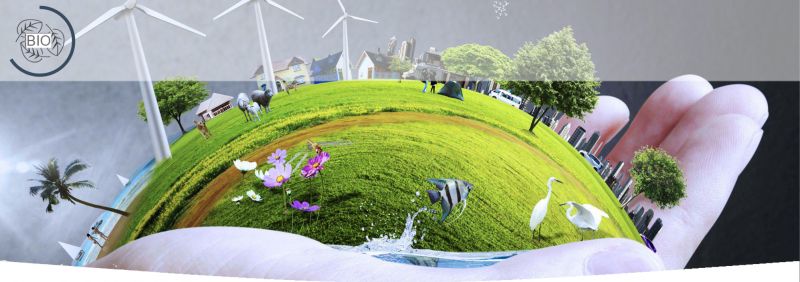
Environmental Biotechnology
Explain
the application of biotechnology in biodiversity conservation and energy
production
Elucidate
the application of biotechnology in environmental protection and pollution
prevention


